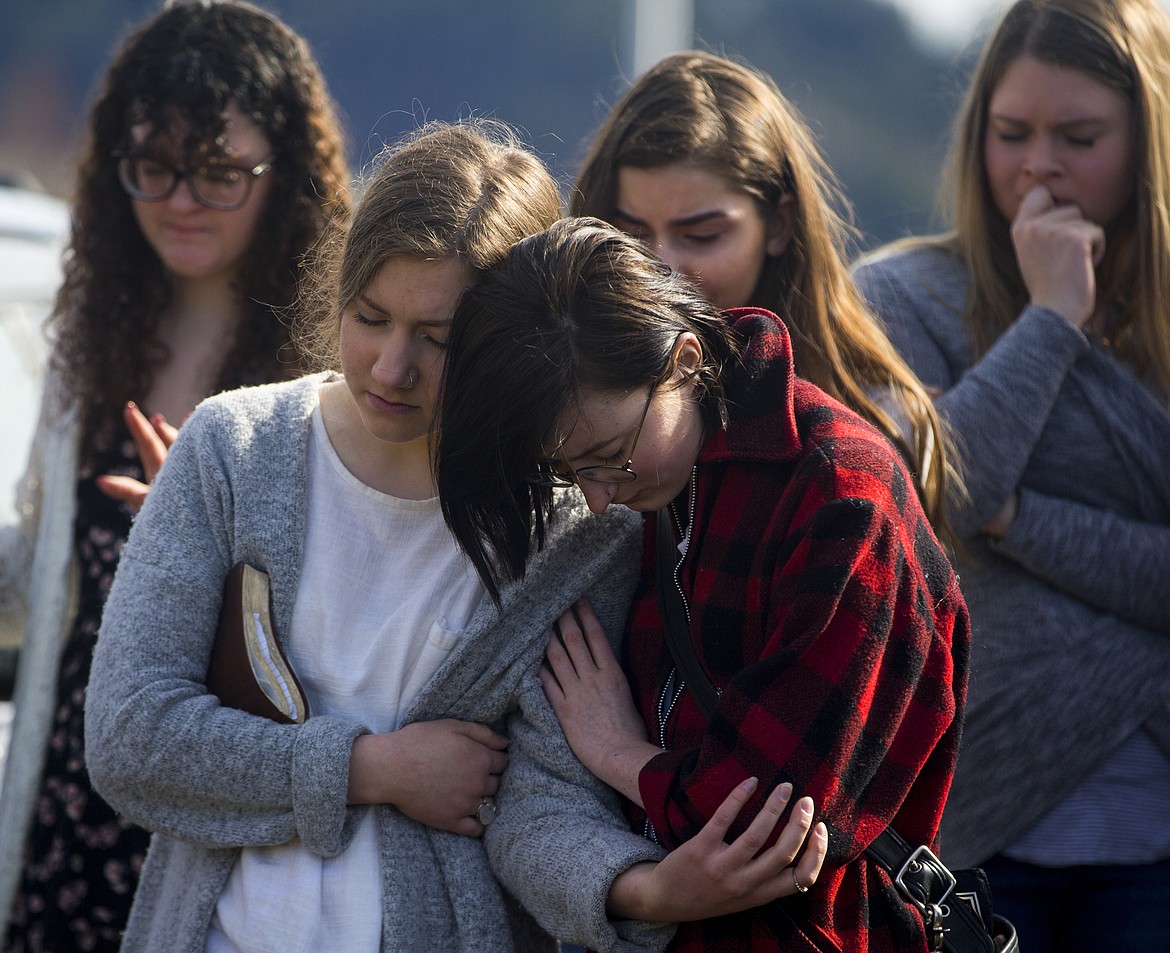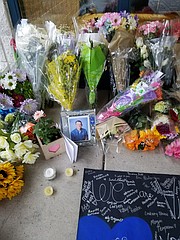Are you OK? If not, there's help
By MATTHEW GWIN
Staff Writer
For someone experiencing a mental health crisis, it can feel as if there’s nowhere to turn.
In Kootenai County, though, several resources are available to people dealing with serious mental health issues.
At no cost, the Northern Idaho Crisis Center serves patients 18 and older experiencing a behavioral health crisis.
Don Robinson, a former FBI agent who manages the crisis center, said anyone who needs help can get it at the center.
“A crisis really is in the eye of the beholder,” Robinson said. “Our main mission is to help people experiencing a mental health crisis or thoughts of suicide or self-harm.”
The crisis center also connects patients to mental health and social services that best fit their immediate needs, Robinson said.
“We’re a place to go to get a question answered,” he said. “We always say, ‘There is no wrong door to go through to seek help.’”
One place where the crisis center routinely leads patients is the Heritage Health clinics and family support services.
Director Jodi Smith said Heritage Health provides counseling to all ages, especially cases involving trauma, as well as case management.
Patients at Heritage pay a minimum of $15 and a maximum of $60 based on their income level, and scholarships are also available.
For people who are actively suicidal, Robinson urged them to visit an emergency room.
However, if no danger is imminent, he said emergency departments may not be an ideal setting for someone dealing with a crisis.
“The ER can be chaotic, and that may not be a good situation for someone with an anxiety disorder or depression,” Robinson said.
According to Robinson, time is often a tool the team at the crisis center uses most to help their patients.
“Our biggest clinical tool, sometimes, is the actual passage of time,” he said. “Two-thirds of the people we see are able to be discharged safely and go home.”
The remaining third are referred to emergency, medical or other services, Robinson said.
The average length of stay at the crisis center is between 8.5 and 9 hours. About 120 people visit the center each month, which Robinson said is double the number for this time last year.
Robinson said the crisis center has an annual budget of $1.52 million — most of which goes toward salaries — and receives 100 percent of its funding from the Idaho Department of Health and Welfare.
He added that the crisis center allocates some of its fundraising and grant money for a transportation program.
The program allows Robinson to provide transportation to patients who cannot safely reach the center.
In addition to that, law enforcement transports about 300 patients to the crisis center each year, Robinson said.
He also noted that seeking help for behavioral health issues takes courage, and implored people to take care of their fellow community members.
“We need to look out for each other,” Robinson said. “If you see somebody struggling, ask them, ‘Are you OK?’ Sometimes a simple question might change the trajectory of a situation.”
The Northern Idaho Crisis Center is open 24/7, completely free to those 18 and older, and located at 2195 Ironwood Court in Coeur d’Alene. The hotline is 208-625-4884.
Heritage Health employs 24 clinicians at five locations throughout the area: two in Coeur d’Alene, one in Post Falls, one in Kellogg, and one in St. Maries. To schedule an appointment, call 208-769-4222.





